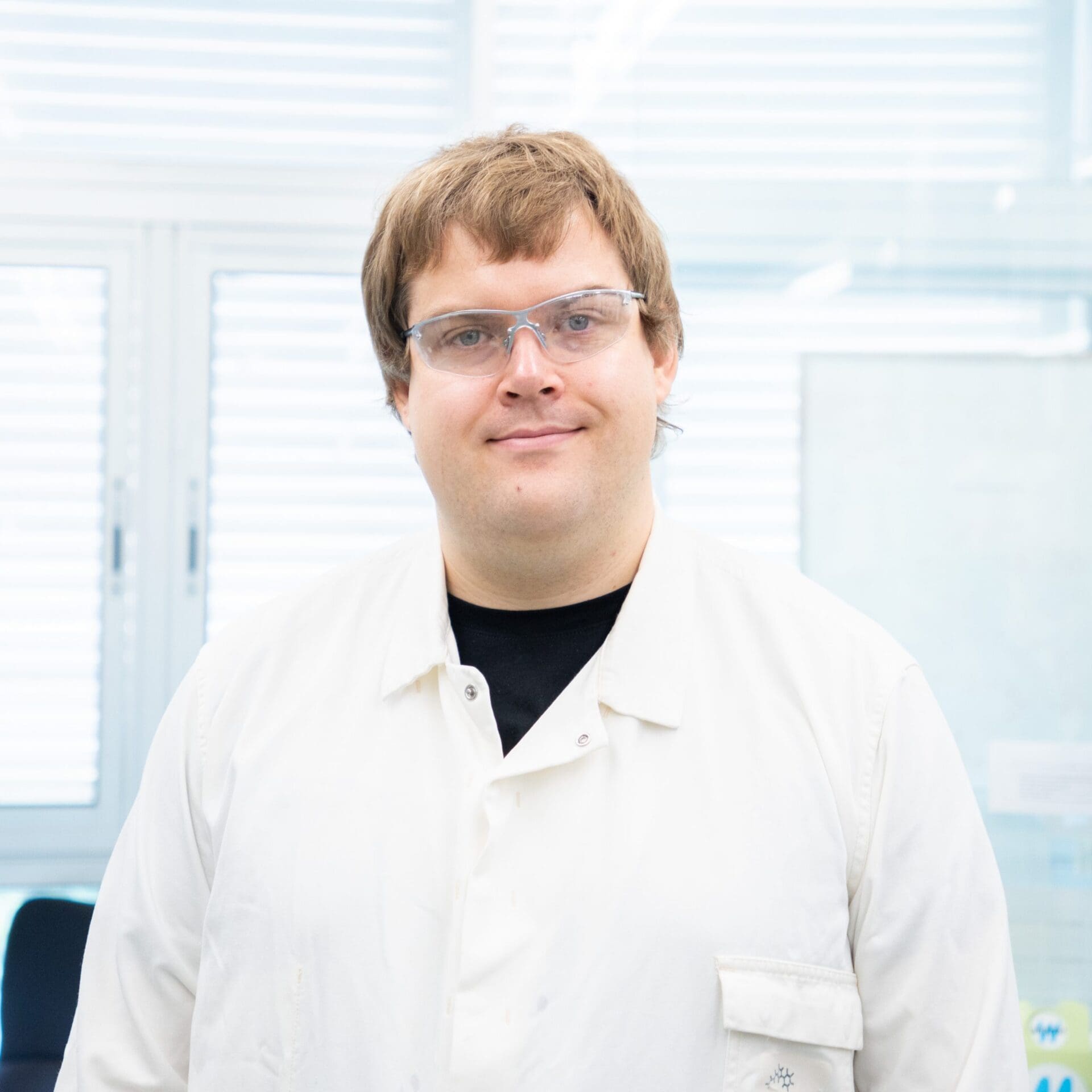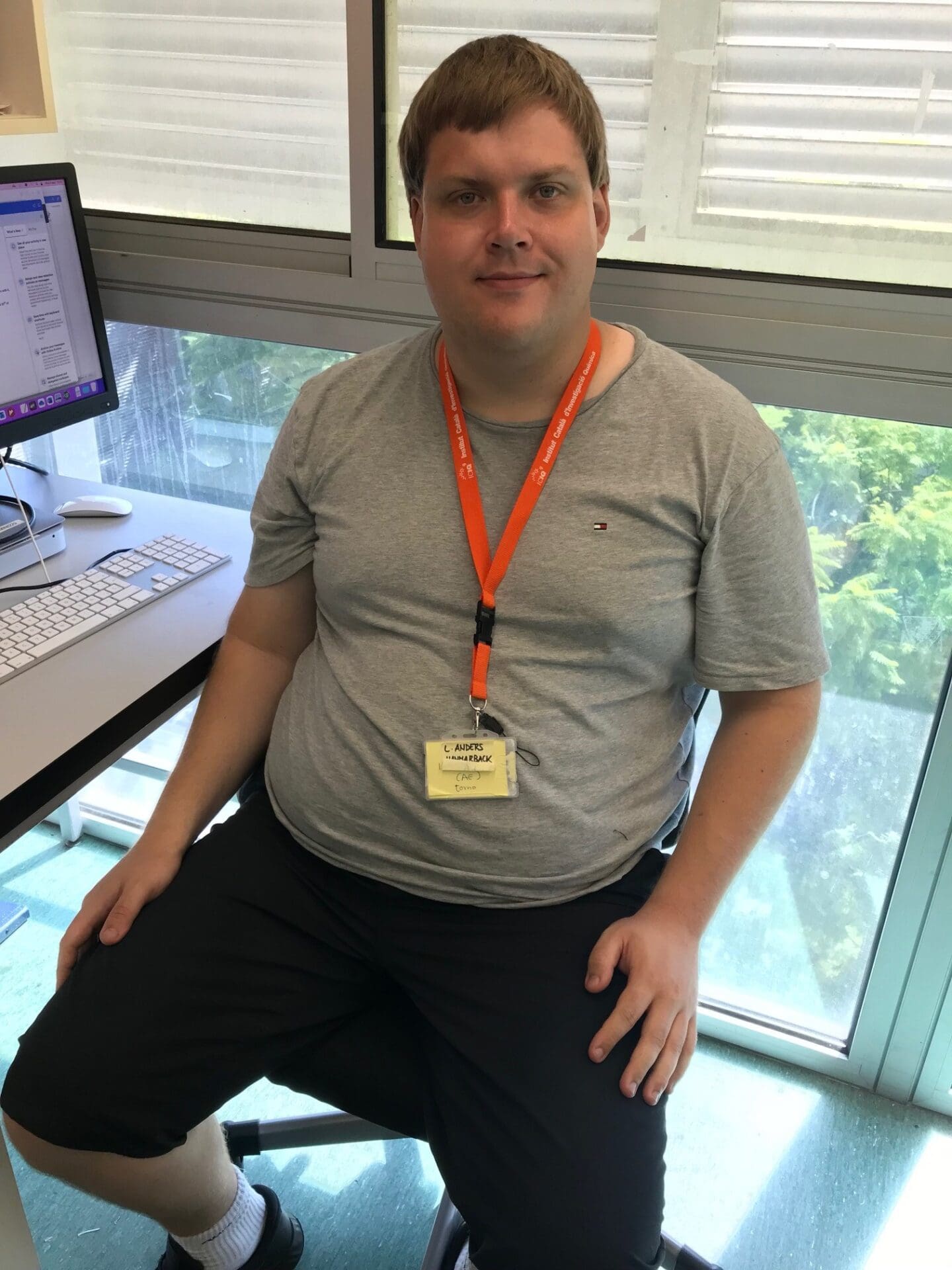GASGOLD
Gold(I)-Catalyzed Polymerization of Acetylene Gas

Grant description
GASGOLD aims for the development of efficient Au(I)-catalysed methodologies for the challenging intermolecular synthesis of important monomers, oligomers and polymers of acetylene gas. Au(I)-catalysts allow for the formation of cyclopropyl Au(I)-carbenes after reaction with an alkyne and alkene.
The carbenes are reactive towards rearrangement to form 1,3- dienes, which are important building blocks for a range of natural and other important products, such as synthetic rubbers. Preliminary results show that further reaction of certain 1,3-dienes with acetylene can occur, forming oligomeric derivatives and this reactivity will be harnessed and further exploited in this project. Initially, the development of an effective protocol for the synthesis of a wider range and more challenging substituted 1,3-dienes from acetylene gas, both in monomeric and oligomeric forms, will be established. The reaction mechanism determining the configuration of the alkenes will be studied, for example by kinetic monitoring and isolation of reaction intermediates, to explain the observed selectivity, potentially synthesise other isomers and improve on the reaction conditions and catalyst design. The initial results will inspire the challenging selective expansion of 1,3-dienes with acetylene to form substituted 1,3,5-hexatrienes. Additionally, the unprecedented use of both acetylene and ethylene gas in Au(I)-catalysis will be explored for the synthesis of polyacetylene derivatives, which are highly important materials with electrical conductivity, as well as in the purification of ethylene gas. The development of this project offers an innovative solution for the long-standing problem of utilising acetylene gas as a simple building block in Au(I)-catalysis, offering a clear advantage over the current state-of-the-art of the field. Furthermore, the expected synergistic performance between the experienced researcher and the host group, will maximise the potential for success of the project.
![]() This project has received funding from the European Union’s Horizon 2020 research and innovation program under grant agreement 101029012
This project has received funding from the European Union’s Horizon 2020 research and innovation program under grant agreement 101029012
Fellow
Dr. Hammarback obtained his degree in Chemistry at the University of York with a final year project supervised under Professor Ian Fairlamb on Pd-catalysed C-H arylation of tryptophan derivates. Then, he continued his studies at University of York where he did a PhD under the supervision of Professor Ian Fairlamb and Dr. Jason Lynam on the mechanism of Mn (I)-mediated C-H funcionaalisation. Moreover, he worked as a Research Associate on Ir-catalysed alkylation and ring-opening processes at the University of Strathclyde with Professor William Kerr.
-
Reference: 101029012
-
Call identifier: H2020-MSCA-IF-2020
-
Timeline
01/09/2022 - 31/08/2024
-
ICIQ Funding
160932 € -
Principal Investigator
Prof. Antonio M. Echavarren
-
Financing agents
MSCA Postdoctoral Fellowships

Let's create a brighter future
Join our team to work with renowned researchers, tackle groundbreaking
projects and contribute to meaningful scientific advancements














